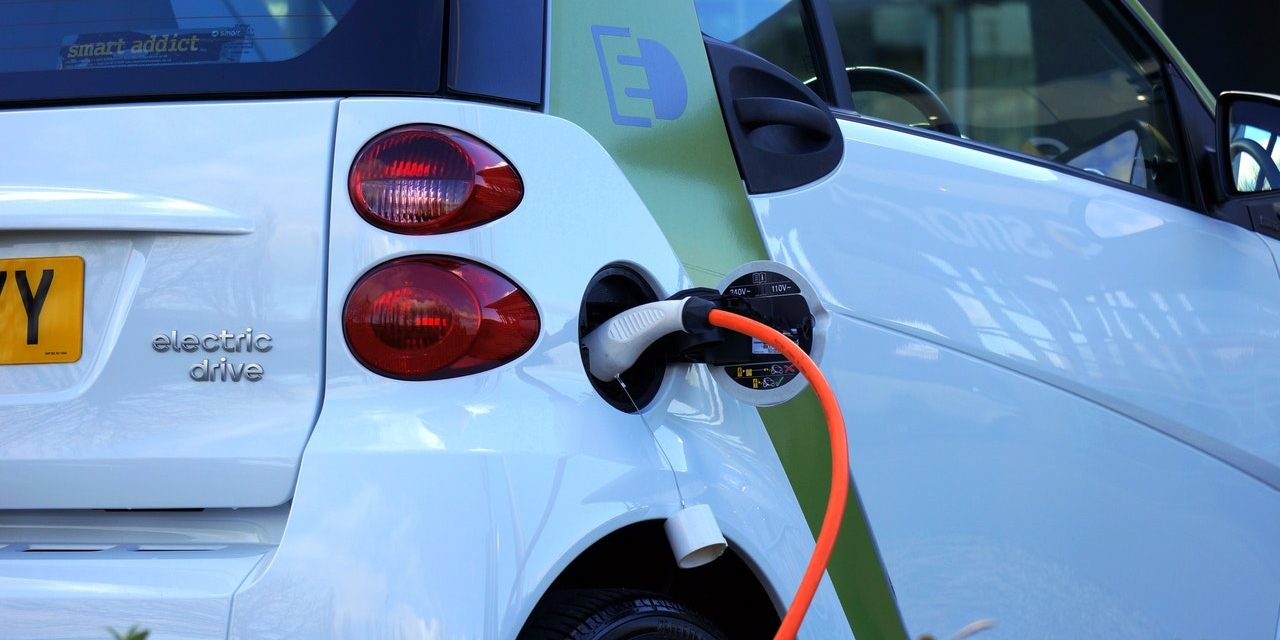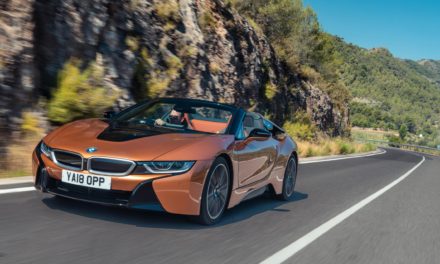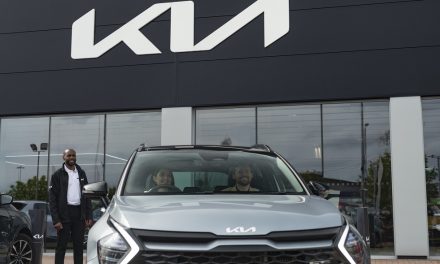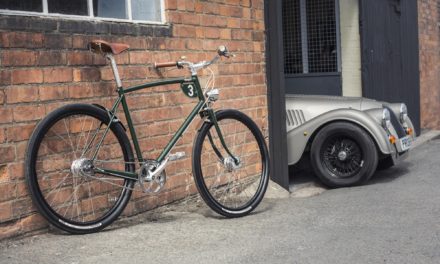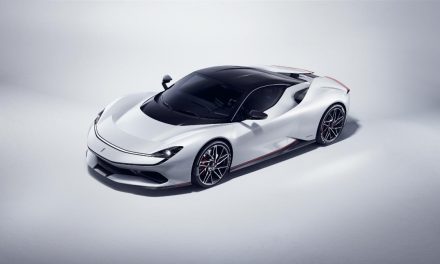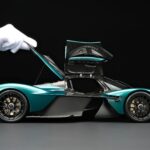Recent data has shown that electric vehicles are becoming increasingly popular; there were record sales in 2017, with 132,000 new registrations recorded. The market is set to continue its success in 2018, with record figures predicted once again. This success could be attributed to new technologies and developments in the auto industry. Some of the main set-backs initially experienced by drivers of electric vehicles have now been worked around and are becoming less of an issue. Additionally, in a move that could see customers trading in their used cars over the next few decades for newer electric replacements, the government recently announced plans to ban the sale of all petrol and diesel vehicle by 2040.
How will the automotive industry adapt?
Automotive manufacturers have started to consider how they will survive in the market when people begin to swap their vehicles for more environmentally friendly options. Jaguar and Land Rover are late comers to the electric vehicle market, only recently introducing their first all-electric vehicle, the Jaguar I-Pace concept. But that hasn’t stopped them from pulling out all the stops to catch up, by announcing that they plan to be all electric by 2020 – a big step into the EV industry for new comers. This news followed Volvo’s pledge to do the same but by 2019. The prestige brand promises that all new models produced and registered from 2020 will be fully electric or hybrid – and that their customers will have more choice moving forward.
Jaguar Land Rover have recently stated that they will build a new factory to manufacture electric vehicles in the UK. The new car plant would be similar to the Nissan factory in Sunderland and would increase the production of new electric vehicles. Whilst it is not confirmed, the plan is a big step towards the brand committing to their EV plan.
Other car manufacturers are also making preparations to adapt to the changing market. Nissan have already sold within the thousands of electric models. They are the brains behind the second most popular electric model in retail, and the bestselling all electric model in the UK, the Nissan Leaf – with over 30,500 units sold in the UK, and over 300,000 units worldwide. And with the launch of its newest model, could the Leaf take the top spot. The new model has a battery mileage range that is double the range of its previous models. An issue that was apparent for all manufacturers, not just Nissan.
Engineers at the company already knew that in order to improve the new model, they had to focus on improving their current range. The 2011 Nissan Leaf had a range of just 75 miles, but progress in the industry has since taken huge leaps towards its new 235 mile range – progress that could be intrinsic to the future success of the model, and for the industry. Additionally, they also fitted the first one pedal driving system – an optional system that allows you to transform the accelerator into an e-pedal to function as a start, stop, accelerate and brake pedal.
The automotive industry has already been changed by electric vehicles. Drivers have realised the harmful effects of their petrol and diesel automobiles, and the government’s plans are underway. To survive the transition, now is the time to come up with an electric vehicle plan. For automotive manufacturers, they need to get their head in the EV game to survive the market.



